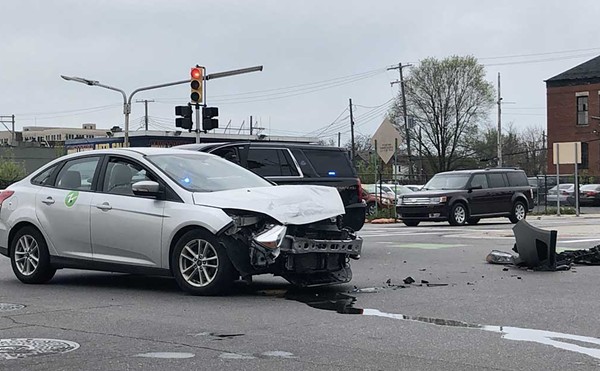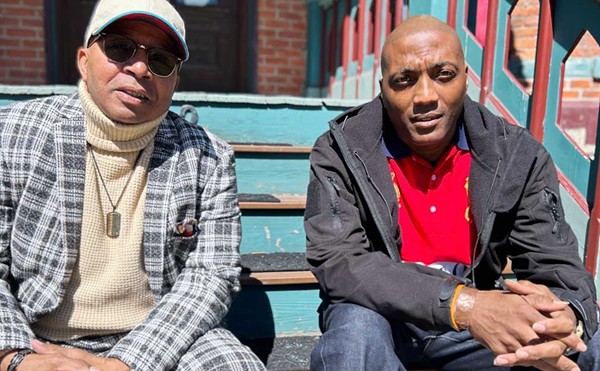In an appeal that was expected to be filed Tuesday, the attorney for Vidale McDowell contends that, among other things, an erroneous decision by Wayne County Circuit Court Judge Ulysses W. Boykin resulted in his client being wrongfully convicted of the murder of Detroit resident Janice Williams.
McDowell’s case was the subject of a recent Metro Times exposé (“Confessions & recantations,” MT, Jan. 21). Our story highlighted how McDowell’s conviction for the murder of Williams on Jan. 24, 2002, hinged on a confession provided by McDowell’s 13-year-old friend, Antoine Morris, son of the murdered woman. Morris initially denied having any knowledge of the crime. But after intense and repeated interrogation by Detroit police, he implicated both himself and McDowell. As a result of his cooperation, Morris was spared time behind bars, receiving probation instead. However, Morris almost immediately recanted his statement, saying the confession was coerced.
The appeal hinges in large part on the Sixth Amendment to the U.S. Constitution, which states: “In all criminal prosecutions, the accused shall enjoy the right … to be confronted with the witnesses against them.”
Because of rulings by Boykin, McDowell, now 19, was never able to challenge the only person claiming to have witnessed the crime, asserts McDowell attorney Robert M. Morgan in documents expected to be filed with the Michigan Court of Appeals.
Boykin was not available for comment prior to press time Monday.
Morris, who provided three contradictory statements to police, finally agreed to implicate himself and McDowell only after police allegedly told the teen that if he didn’t cooperate he would wind up in jail where he would become someone’s “girlfriend.” But Morris never took the stand. Instead, his incriminating statement was read to jurors. Morris told Metro Times that, had he been allowed to testify, he would have told jurors that the third statement he provided to police wasn’t true and had been given only because of the pressure police applied to him.
“In this case,” writes attorney Morgan in the appeal, “… the most important ‘witness’ against Vidale McDowell was never mentioned by the prosecutor, never cross-examined by defense counsel, nor ever seen by the jury.”
Boykin’s decision, argues Morgan, amounts to the judge “picking and choosing” which of the prosecution’s witnesses could be cross-examined by defense counsel.
Attorney and law professor Steven Drizin, an expert in false confessions who works at the Center on Wrongful Convictions at Northwestern University School of Law, is expected to file an amicus brief in support of McDowell’s appeal in the coming weeks.
Contact News Hits at 313-202-8004 or [email protected]




